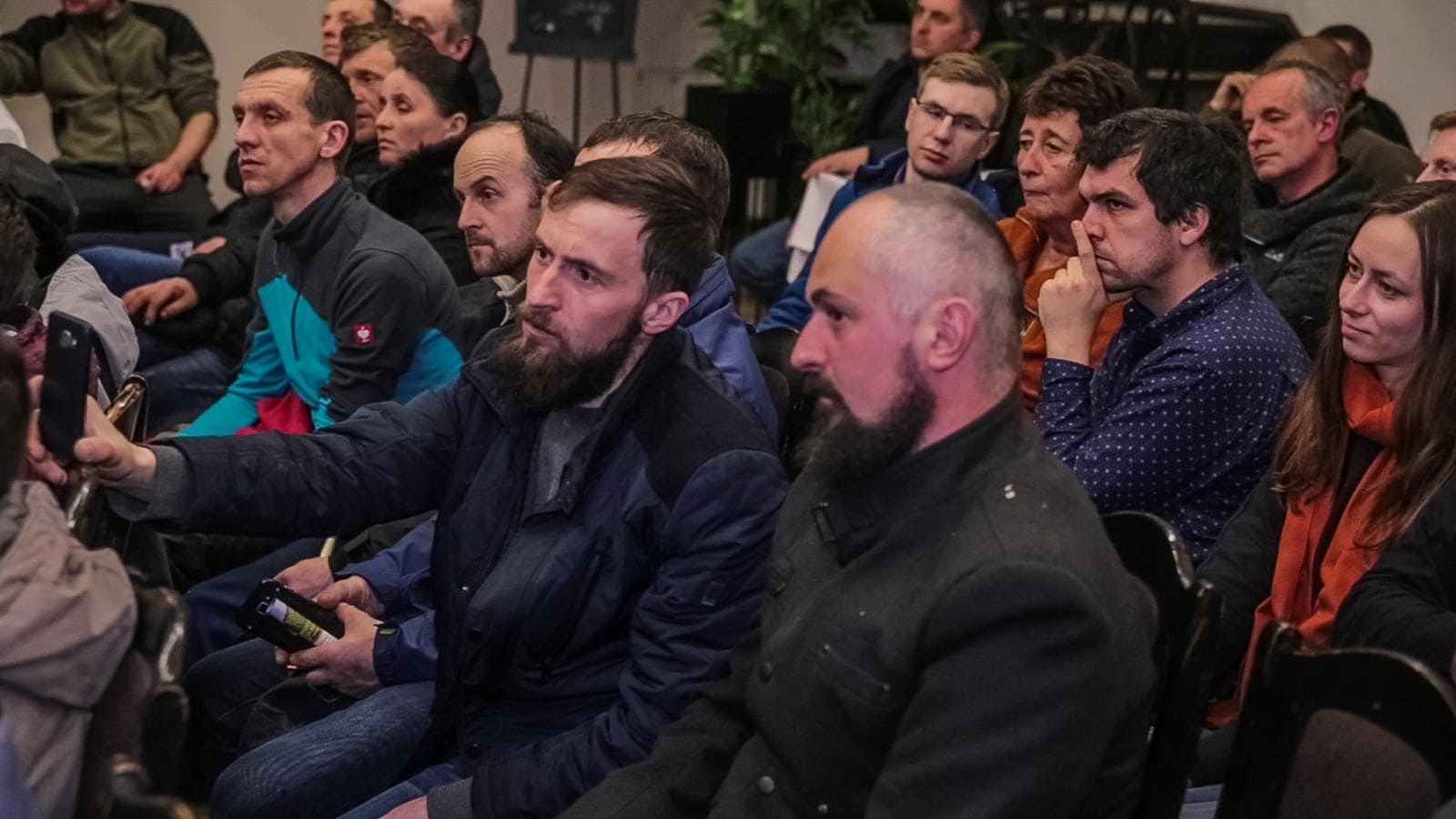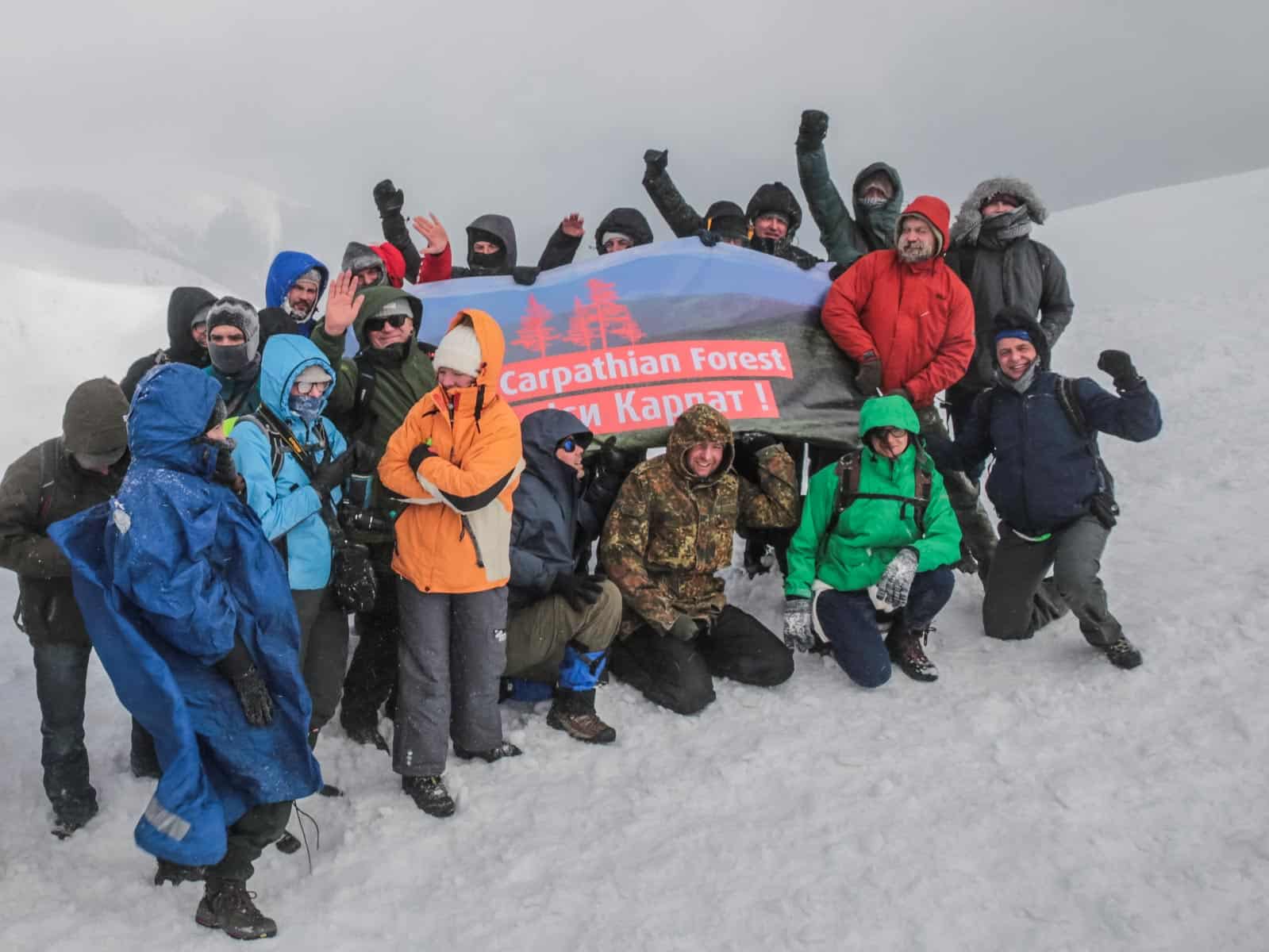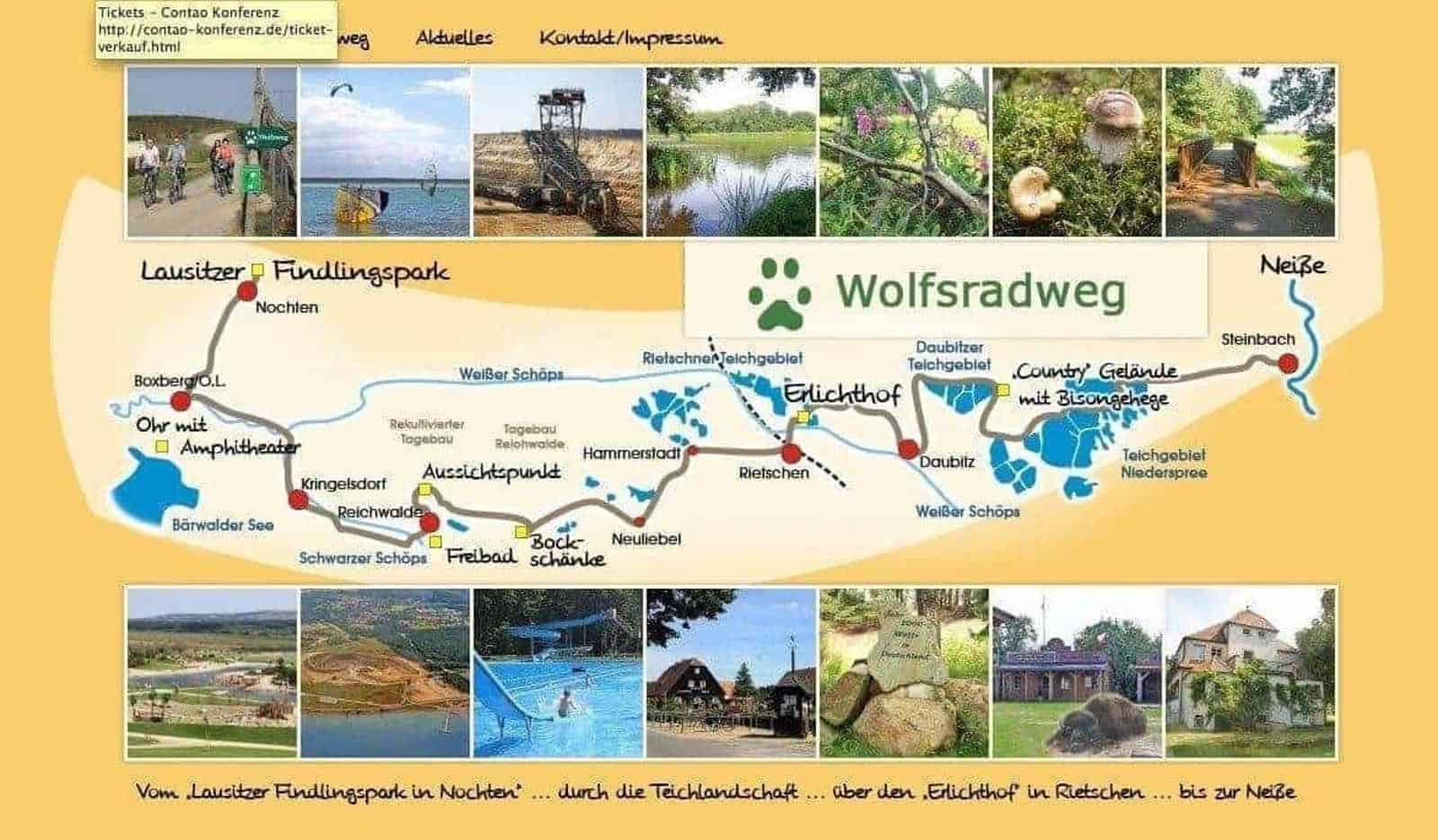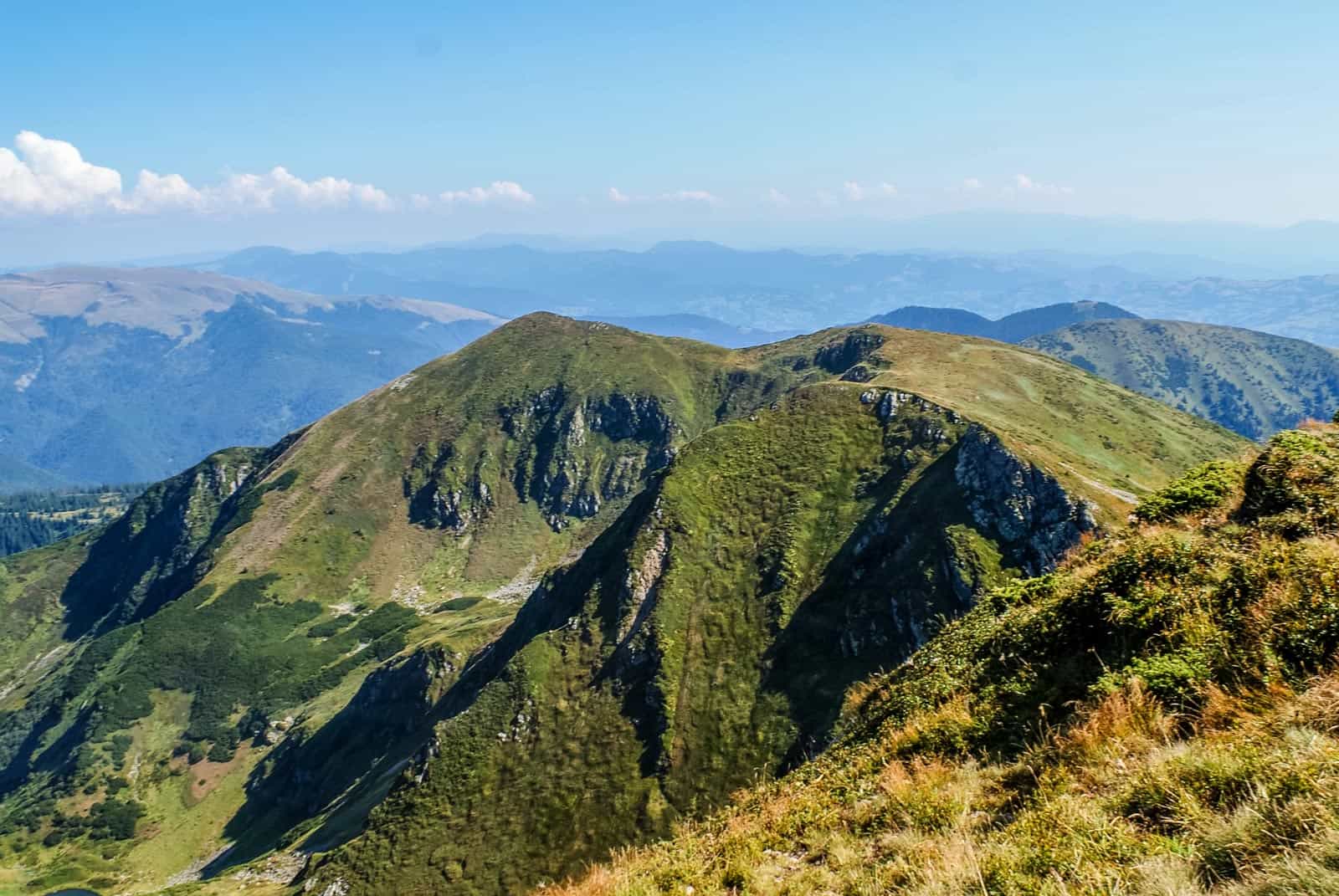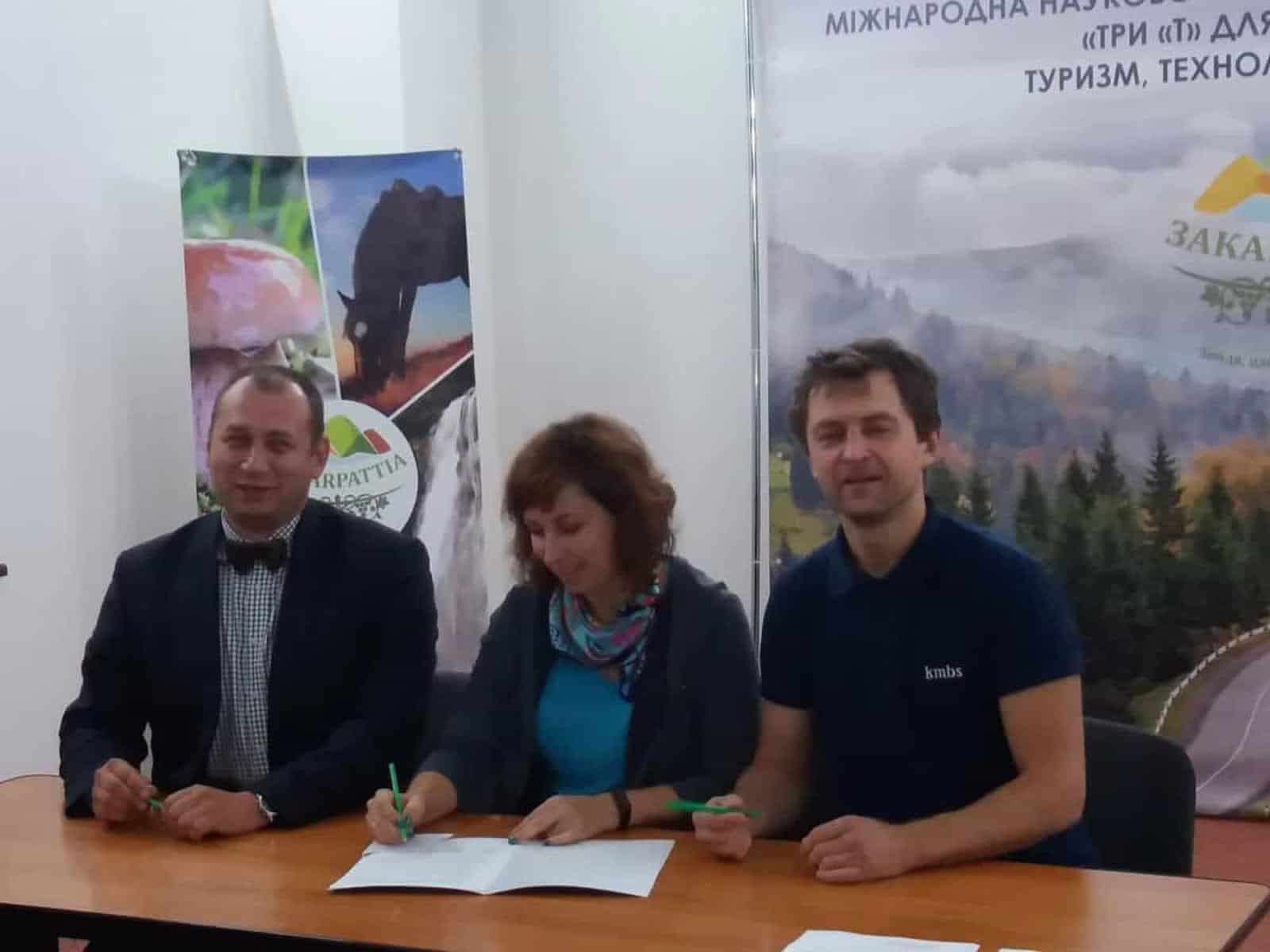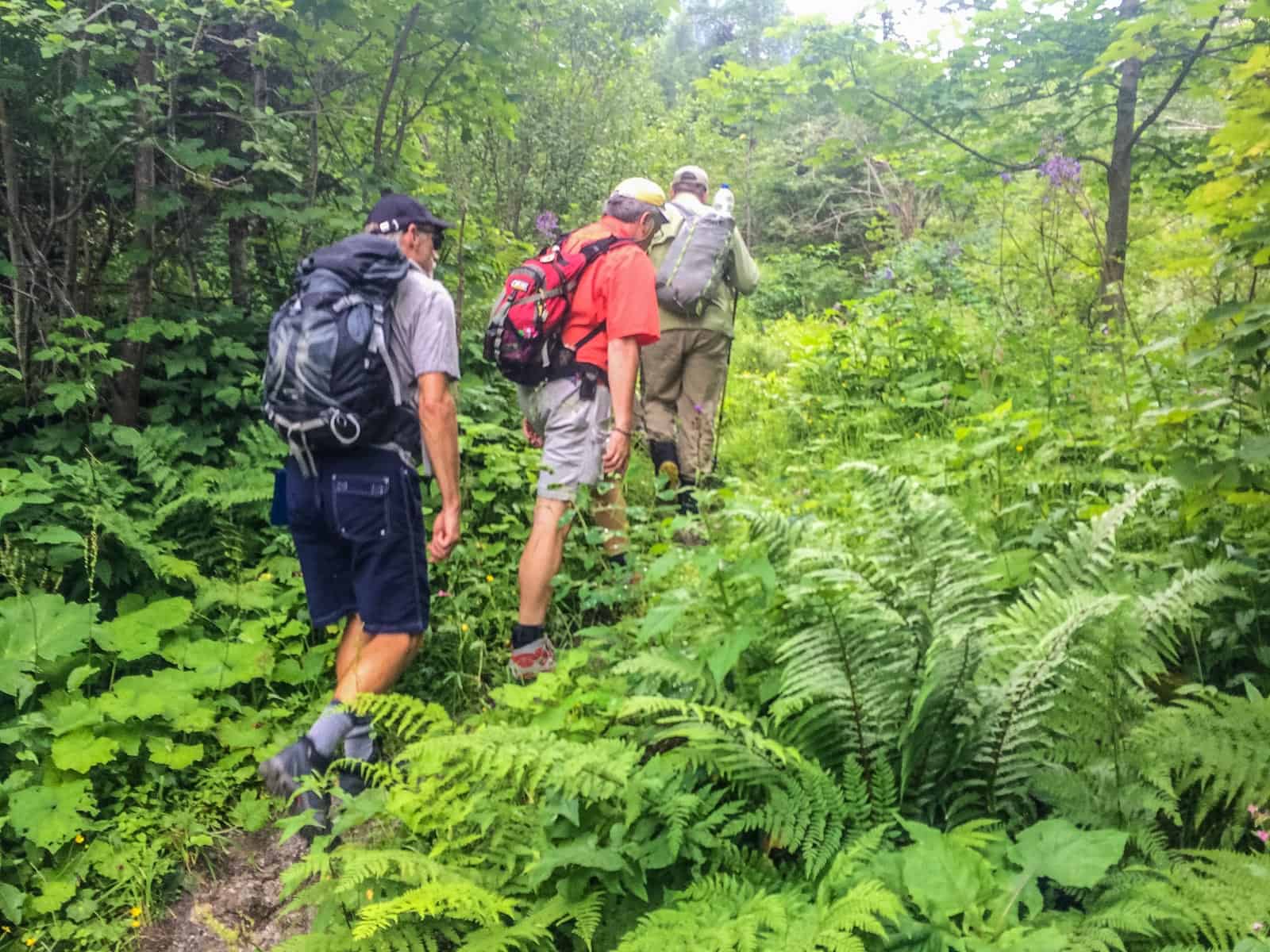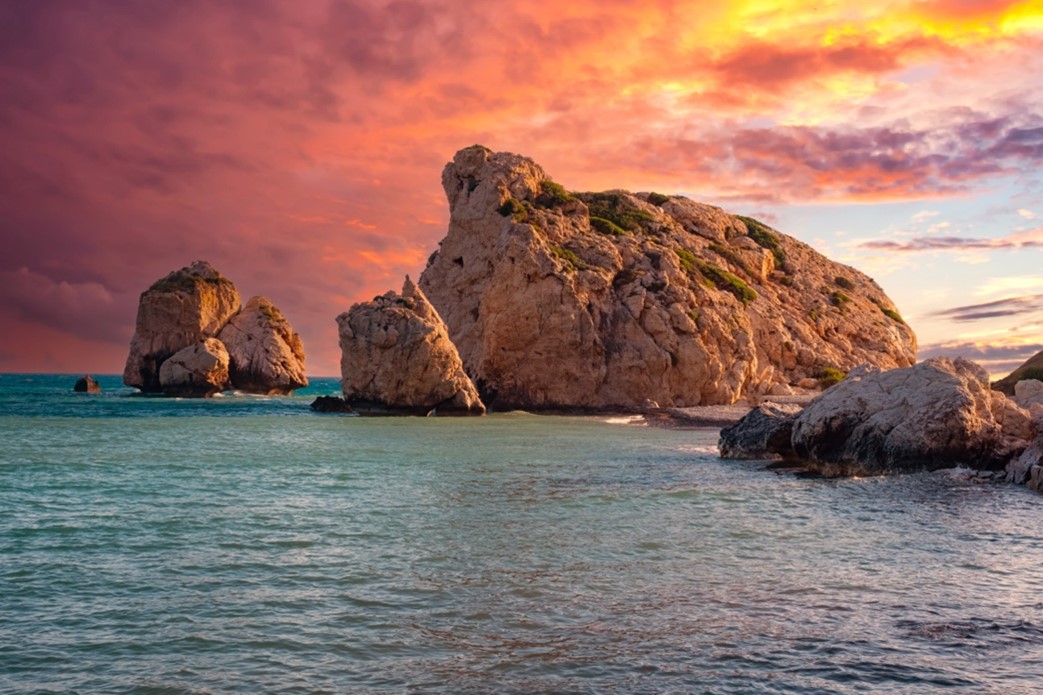Ski resort or low impact tourism?
There are more and more cases appearing in the Central and Eastern Europe regarding human activities, destroying the last natural heritage places and contributing to climate change. One of these cases is the building of a huge ski resort on the Svydovets massif in the Ukrainian Carpathians.
Please also read: Europe-wide Svydovets Campaign
International visit to Svydovets
Understanding the importance of a joint fight and communication, Initiative Group Free Svydovets organised a new event on 15th-17th of March. This event included hiking to snowy and windy Svydovets, as well as international press-conference. Free Svydovents also invited the European Wilderness Society for this event.
On 16th of March, one of the villages of Rakhiv rayon that would be effected by the ski resort, Yasinya, gathered together with the international group. Ukrainian and foreign scientists and experts, as well as local authorities and inhabitants came together. They measured benefits and disadvantages of the presence of such a ski resort in the area. And they also reviewed similar cases from other countries. Furthermore, they discussed an alternative development of the region, as well as next steps.
Bulgarian experience
First of all, a professional introduction of the Svydovets case by Ukrainian researchers and scientists took place. This was followed by the Bulgarian experience, which was presented by an active fighter of the group Save Pirin, Kostantin Ivanov.
European Wilderness Society is following the case of another huge ski resort expansion in the Bulgarian mountains and is in the constant contact with its local supporters. Mr. Ivanov informed the attendants that since recently the locals in Pirin feel like this place does not belong to them anymore. Additionally, they experience a lot of negative impacts of the ski resort around them. Among them:
- the water, coming from mountains to local households is polluted with ammonium because of the artificial snow production,
- more frequent floods on the local river are happening (every 5-7 year) because of the trees cut off,
- a lot of unfinished building of failed investors ruining local natural sceneries,
- no big income to the local budgets,
- no promised employment of the locals.
Don’t listen fairy tales, always check the information.

International support and advices
Jonas Shälle is from the Bruno Manser Fond, a Swiss organisation protecting forests. Shälle confirmed that even in Alps skiing seasons are becoming shorter. Climate change is the driving factor for this. Similar, ski resort business will not be economically feasible in the near future at areas lower than 2000 meter. The mountain tops of Svydovets are all below this altitude as well.
The Bruno Manser Fond wrote a letter of request to the Ukrainian authorities with the support of Ostap Yednak, a member of Ukrainian Parliament. In November 2018 they received an answer regarding the investments and detailed plan of the touristic-recreational complex Svydovets development. It became officially clear that, based on the request of LLC “Skorzonera” in 2017, the decision was made to develop Detailed Plan of the Touristic-recreational complex Svydovets.
It is also known that one of LLC “Skorzonera” shareholders is Ihor Kolomoyskyy. He is involved into a number of court cases, including in Switzerland and UK, because of financial manipulations. But there is an alternative development of the region with great nature, rich cultural heritage and hospitable people.
Low impact tourism
The Bruno Manser Fond is supporting this development of the low impact tourism, promoted by Free Svydovets. Additionally, Nick Bell from SOS Forest, based in France, also supports alternative regional development based on low impact tourism. And this local business is well developed in his country.
After an extensive campaign of Free Svydovets, many people from different countries became aware of this beautiful area in Carpathians. They would like to visit this area and are interested particularly in low impact tourism. This type of tourism brings benefits to locals. For example, as visitors are staying in local households, consume local food, and using services of local guides.
Green tourism in Ukraine
Several other options of local tourism development, like dark sky or local products manufacturing, were also presented on the event. Green or low impact tourism is also developing in other regions of Ukraine. Statistical data shows that the number of destinations of green tourism is continuously growing.
One of the local tourist guides also confirmed that the low impact tourism has perspective in Svydovets. Furthermore, it is beneficial for those who are ready to work and take an initiative. He experiences the increase of the number of European tourists in the region. Additionally, he is also harvesting forest herbs for tea-making, for which there is a high demand recently.
The role of tourism associations was also highlighted. Participants supported the importance of waste management further introduction in the region. Participants also discussed the need for considering the ecosystem services . These services are the benefits that nature provides to people. As we already informed, the recently published IUCN Report provides nine tools, which can help to assess ecosystem services.
Environment Impact Assessment
A representative of Ministry of Ecology and Natural resources of Ukraine, Anastasiya Drapalyuk, emphasised that the recently introduced procedure of Environment Impact Assessment should support protection of such valuable areas as Svydovets from destruction. However, it is important to understand that such instruments work only if the society is actively involved. There is a possibility for everyone to review planned activities and comment regarding the recreational family location – touristic complex “Svydovets”.
Carpathian Convention
Mrs. Drapalyuk, as well as deputy director of the Carpathian Biosphere Reserve, Fedir Hamor, emphasised that another protective instrument of the nature of Svydovets exists. And this is the Framework Convention on the Protection and Sustainable Development of the Carpathians.
As we already informed, European Wilderness Society supported Free Svydovets Appeal to the Carpathian Convention Implementation Committee in the end of 2018. At this moment, Ukraine is preparing a report on this issue.
Other threats of the ski resort
Other speakers stressed that the man-made impact will take place already during building of the huge recreational complex. Building will also influence the water, which is used in local health center in village Kvasy for medical purposes.
An elected official from another impacted village, Chorna Tysa, informed the audience about Public Hearings on Svydovets recreational complex. Locals did not receive answers on questions regarding roads accessibility, access to water and firewood harvesting once recreational complex is there. One of the local income is mushroom collection, which may stop after the complex launch.
Courts
Free Svydovets already won the first case in court. Nevertheless, another case failed because of unprofessional behaviour of the judge. At this moment, the new case will go to the Supreme Court of Ukraine. Since the Free Svydovets is also supported by number of professional advocates, there are good chances to win the case.
Visit to snowy Svydovets
Many participants of the event also visited the massif Svydovets this time. And this visit confirmed that the area is not suitable for skiing even if it is covered by snow. Slopes are too sharp and the presence of many people can easily cause the avalanche.
This fact confirmed once again that low impact tourism, providing revenues to the locals and less changes in valuable surrounding nature is a better alternatives for huge recreational complex.
We hope with the support of many Wilderness advocates and low impact tourism followers that we can save the unique old-grow forests, glacier lakes and meadows as well as wildlife and plants of Svydovets for future generations.


